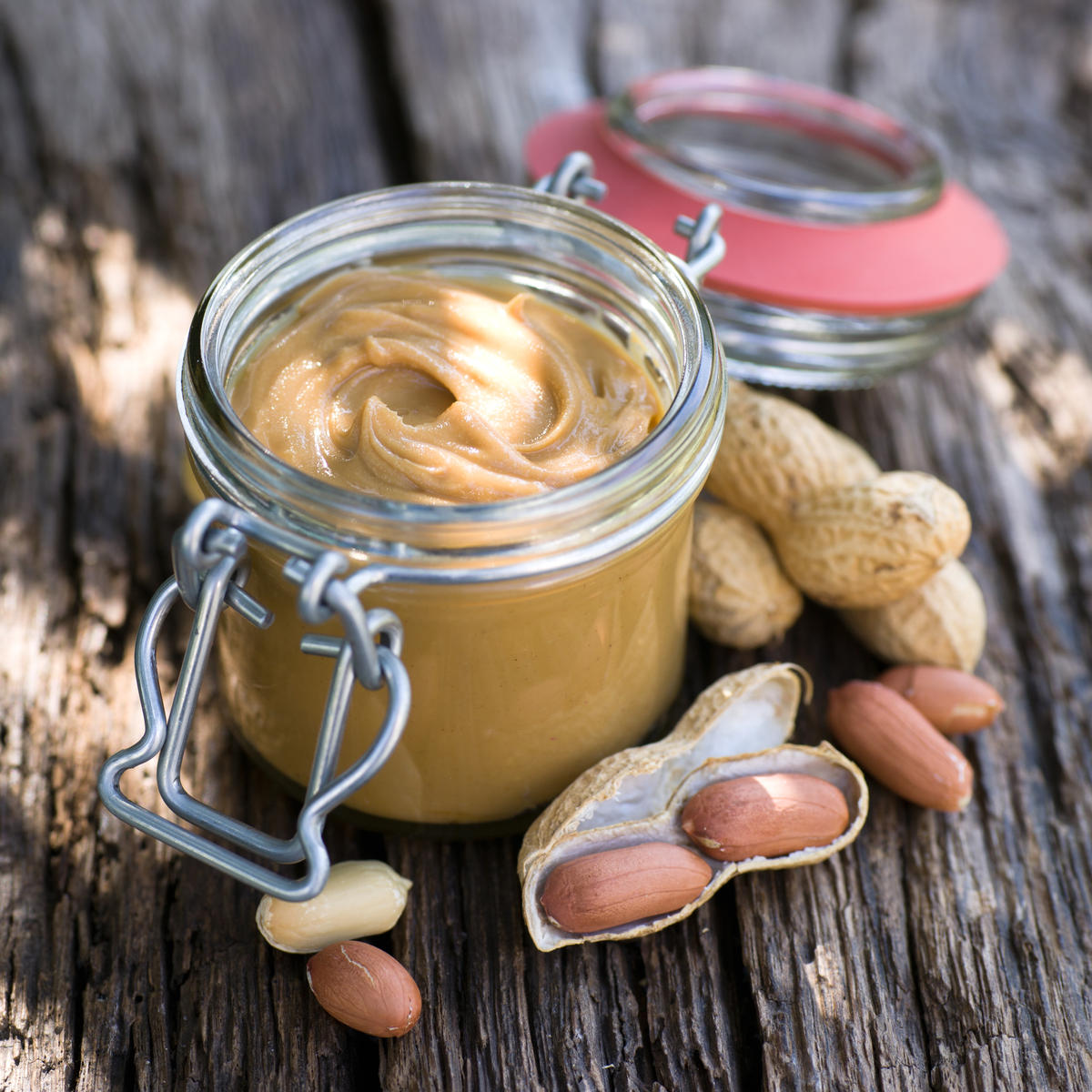
Earlier this year, there was a collective gasp among parents over a study that suggested feeding babies some peanut products during the first year of life could help build up tolerance to and even prevent many nut allergies. It was the opposite of what we'd been taught and, frankly, seemed downright illogical. Give my infant the very thing that could cause a potentially dangerous allergic reaction? Yeah, right.
But wary parents, take note: In a consensus published online Monday, the American Academy of Pediatrics, along with nine other medical professional organizations, threw their weight behind the study. The AAP's endorsement read in part, "There is now scientific evidence that health care providers should recommend introducing peanut-containing products into the diets of 'high-risk' infants early on in life (between 4 and 11 months of age) in countries where peanut allergy is prevalent because delaying the introduction of peanut can be associated with an increased risk of peanut allergy."
The study in question, conducted in England and published in February in the New England Journal of Medicine, involved 640 at-risk babies, ages 4-11 months. (Babies who develop severe eczema or an egg allergy in the first six months of life are considered high risk for a nut allergy.) One group of infants ate a small amount of peanut butter or peanut butter products, while a second group avoided it altogether. Fast forward five years, and the group that ate the nut products had 81 percent fewer nut allergies than the group that skipped peanut butter.
The AAP's endorsement lends credibility to the study—and hopefully offers some comfort to parents of babies at risk for nut allergies. Make no mistake, the concern is very real: The number of children who develop a peanut allergy is on the rise, affecting between 1 percent and 3 percent of kids in many westernized countries. Here in the U.S., the number of kids affected may have tripled over the past 10 to 15 years, according to the statement. Allergic reactions run the gamut from itchy rashes, runny nose, and vomiting to anaphylaxis, where the blood pressure can drop and the child has difficulty breathing. (Yikes!)
Related: Smart Ways to Introduce Your Baby to Nuts
It's important to note that the AAP emphasized the importance of relying on your pediatrician for guidance before you introduce nuts, especially if your kiddo is considered high risk.
Does the AAP's endorsement change the way you feel about introducing peanut products to your baby? Tell us! And don't forget to sign up to receive our free Parents Daily Baby newsletter.
Bonnie Gibbs Vengrow is a New York City-based writer and editor who traded in her Blackberry and Metro card for playdates and PB&J sandwiches—and the once-in-a-lifetime chance to watch her feisty, funny son grow up. Follow her on Twitter, Pinterest, and Google .
